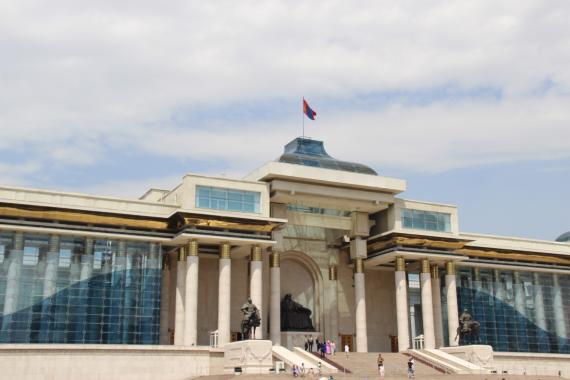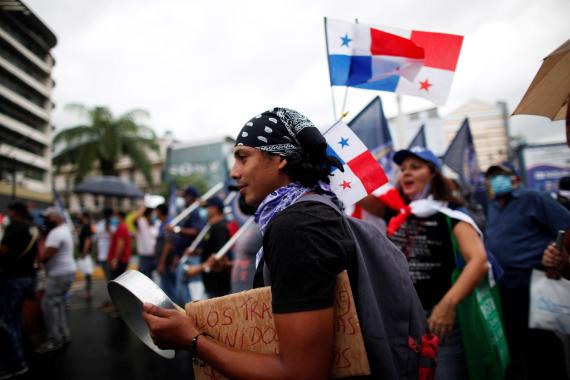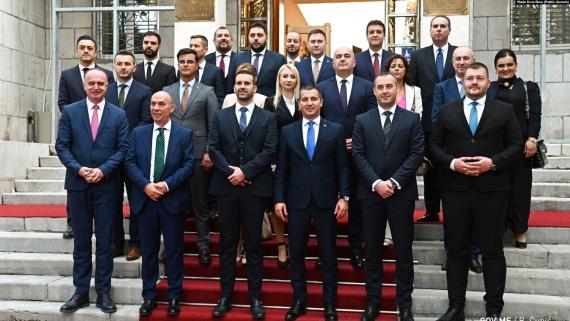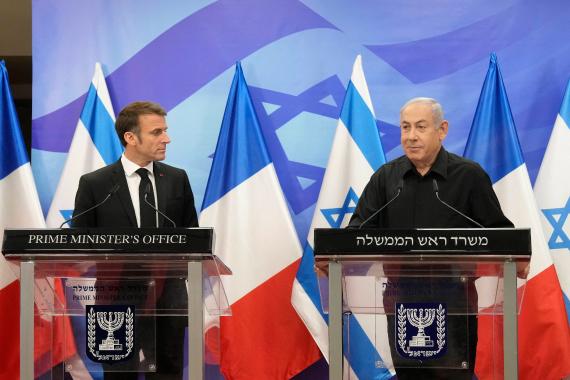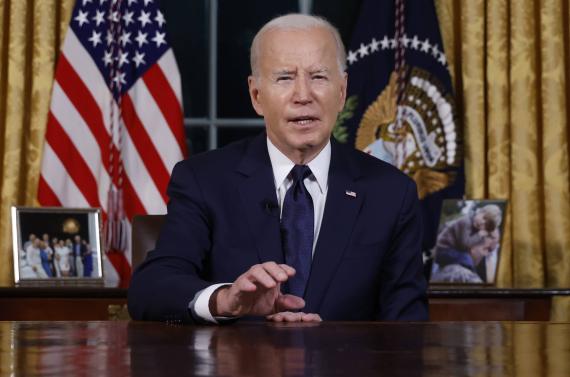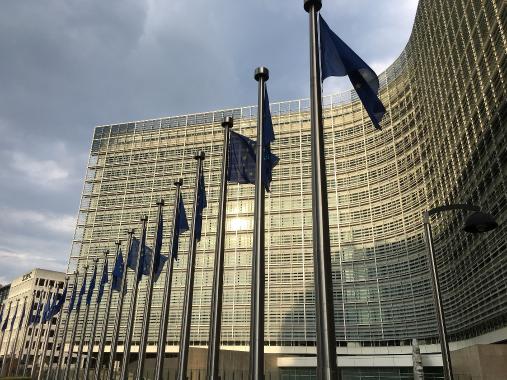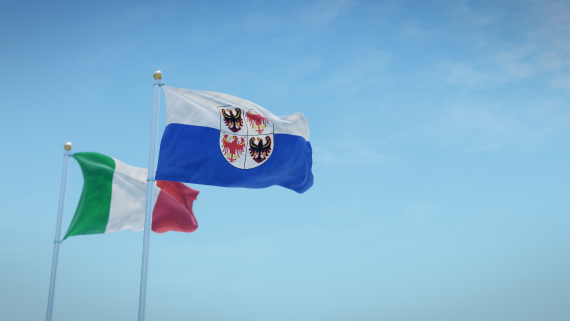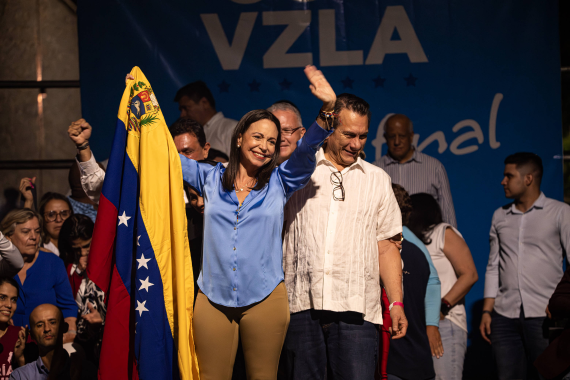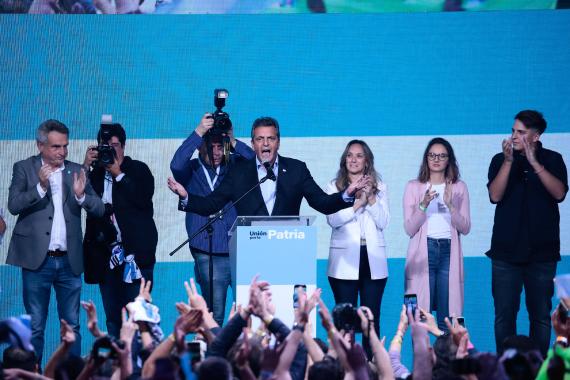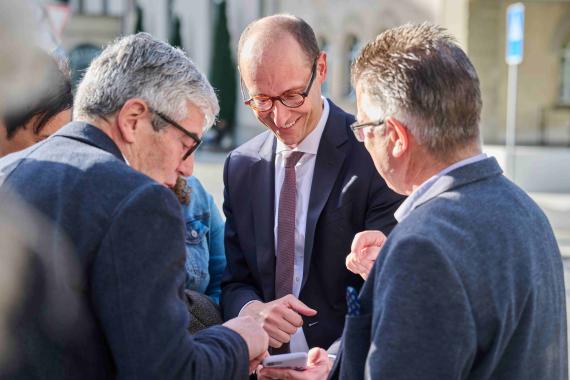France and the war in the Middle East
A country in worry
Since October 7th, when the terrorist organization Hamas attacked Israel, it has also been felt in France how much this war affects and concerns society. After another fatal knife attack by an IS supporter on a teacher at a school in Arras, northern France, France imposed the highest terror alert level and 7,000 soldiers were mobilized across the country. There have now been numerous bomb threats against airports, schools and tourist sites such as the Palace of Versailles and the Louvre, and the French executive warned against an “import” of the conflict in the Middle East to Europe and France. In addition, pro-Palestinian demonstrations took place in many French cities. After Hamas's attack on Israel, French Interior Minister Gérald Darmanin sent telegrams to the prefects of all departments demanding that pro-Palestinian demonstrations be banned. He also called for the organizers of these gatherings and the “troublemakers” to be systematically arrested. The police prefecture of Paris had also tried to ban planned demonstrations in the capital. However, a demonstration took place on the 19th of October, although the administrative court decided just before that “respect for freedom of demonstration and freedom of expression, which have the character of fundamental freedoms (...) is reconciled with the constitutional requirement of maintaining public order. On October 28, thousands of demonstrators gathered in Paris despite the ban on “demonstrations in support of Palestine”. There were 21 arrests and around 1,400 fines issued by law enforcement.



